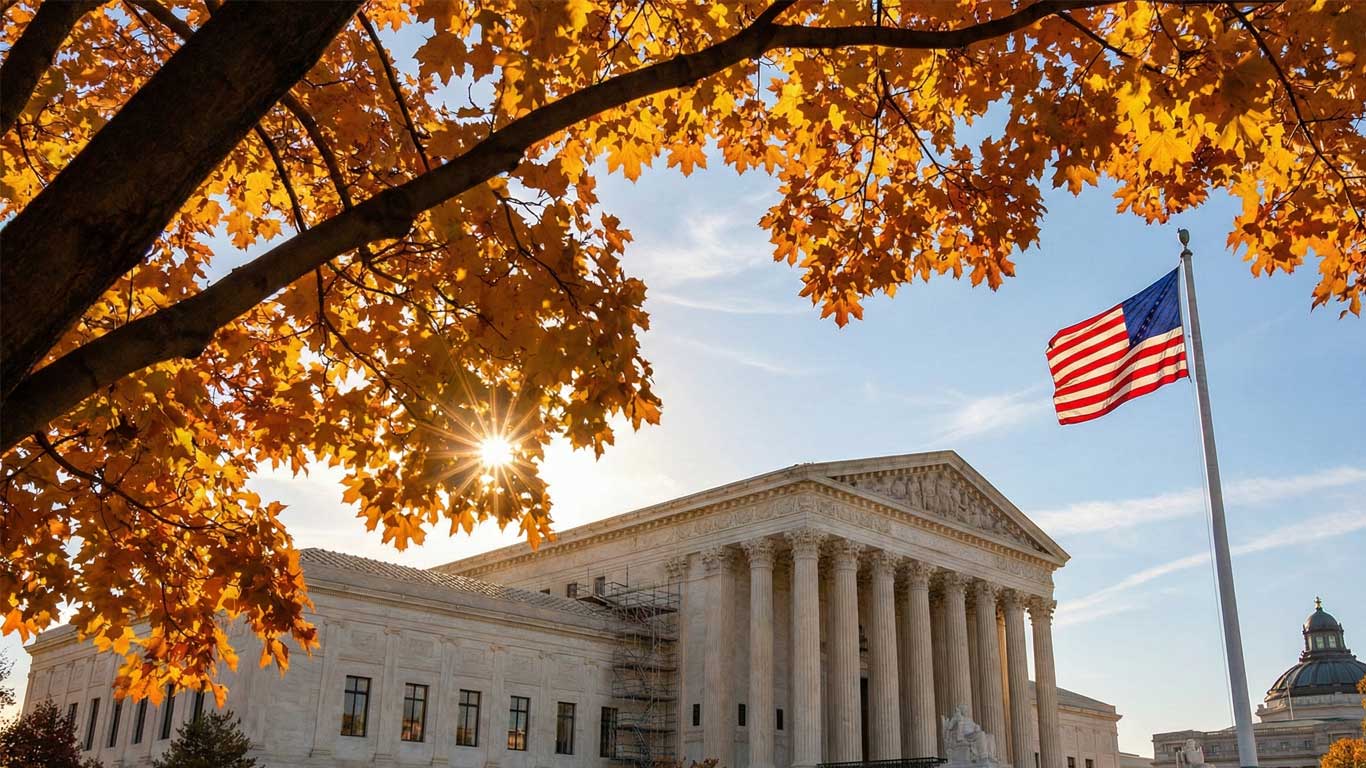
The Oregon Supreme Court has dismissed a petition for a writ of mandamus filed by Austin Adrian Wall, a defendant in a criminal case. The case centered around a dispute over whether Wall could testify before the grand jury in person or if he was required to appear via videoconference. The court ruled that the trial court was correct in denying Wall’s motion to compel an in-person appearance, as the decision on how a witness testifies before a grand jury rests with the grand jury itself, not the defendant or the prosecutor.
The Core Issue: In-Person vs. Remote Testimony
The heart of the matter was whether Wall had an absolute right to appear in person before the grand jury, as opposed to appearing remotely via video conference. Wall, facing felony charges, wanted to exercise his right to testify before the grand jury. The prosecutor, however, intended for him to appear remotely. Wall argued that ORS 132.320(12)(a), which grants a defendant the right to appear before the grand jury, meant he had an absolute right to an in-person appearance. The trial court denied Wall’s motion, stating it didn’t have the authority to dictate how the prosecutor conducts grand jury proceedings.
The Court’s Reasoning: The Grand Jury’s Role
The Supreme Court, in its decision, focused on the role and function of the grand jury. The court emphasized that the grand jury is an independent body, acting as a check on the power of the state. It is the grand jury, composed of ordinary citizens, that decides whether to indict someone. The court highlighted that grand juries have their own prerogatives and are not unilaterally controlled by the prosecutor.
The court cited several statutes to support its position. ORS 132.010, for example, states that the court draws grand jurors from the jury pool. Other statutes detail the court’s role in resolving disputes, advising the grand jury, and performing other functions. The court also noted that district attorneys, while playing an important role in presenting evidence and examining witnesses, act as advisors to the grand jury and do not have unilateral control over how the grand jury hears from witnesses.
Interpreting the Law: “Appear Before the Grand Jury”
The court then addressed Wall’s argument that the phrase “appear before the grand jury” in ORS 132.320(12) meant an in-person appearance. The court used a standard legal analysis, looking at the text of the law, its context within the broader statutes, and the legislative history.
The court found that the term “appear” doesn’t necessarily imply an in-person appearance. The court pointed out that people can appear in legal proceedings in many ways, including by phone or video conference, through counsel, or through previously recorded testimony.
The court also noted that ORS 132.320(5) explicitly allows grand juries to receive testimony via electronic transmission. The court concluded that interpreting “appearance” in ORS 132.320(12) as exclusively in-person is inconsistent with the rest of the statute.
Finally, the court reviewed the legislative history of the law and found no indication that the legislature intended to create an absolute right for defendants to appear in person before a grand jury.
Mandamus: An Extraordinary Remedy
The court then discussed the appropriateness of using a writ of mandamus in this case. Mandamus is an extraordinary legal remedy used to compel a public official or body to perform a specific duty. The court explained that mandamus is not generally used to control judicial discretion. It is appropriate only when there is a clear legal duty to act in a certain way.
In this case, the court concluded that the trial court did not have a non-discretionary obligation to order an in-person appearance. The decision on how a witness testifies before the grand jury belongs to the grand jury itself. Therefore, mandamus was not the correct legal avenue for Wall to pursue.
The Outcome: Writ Dismissed
Because the trial court was correct in its ruling, the Supreme Court dismissed the alternative writ of mandamus. This means Wall’s petition for the court to order the trial court to allow him to appear in person before the grand jury was denied. The court’s decision affirms that, in Oregon, the grand jury, not the defendant or the prosecutor, generally decides the method of witness testimony.